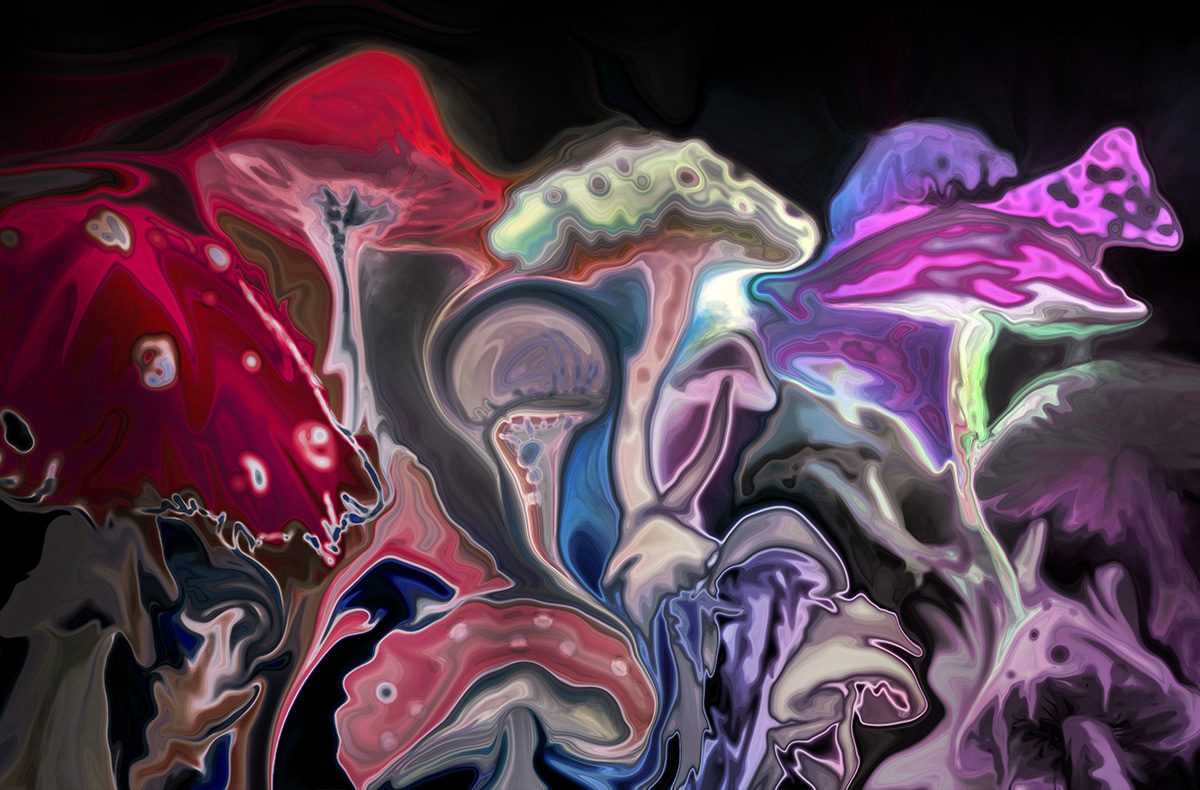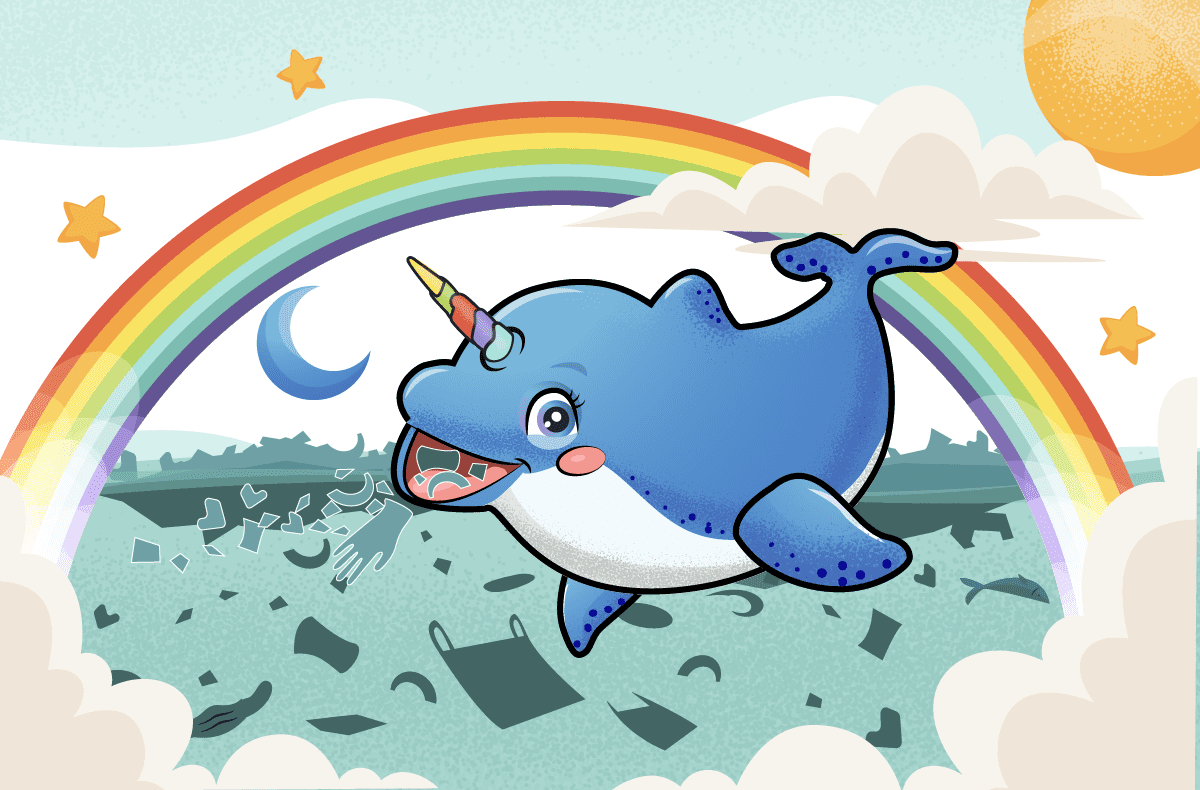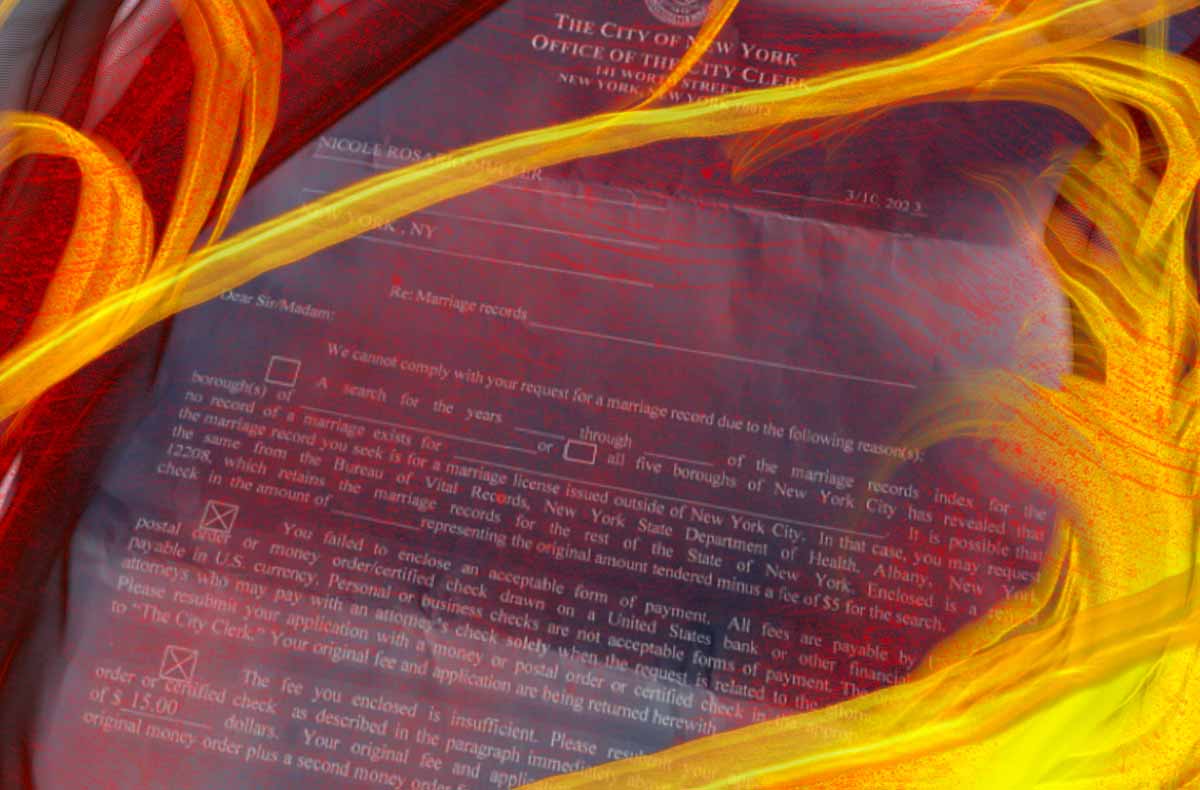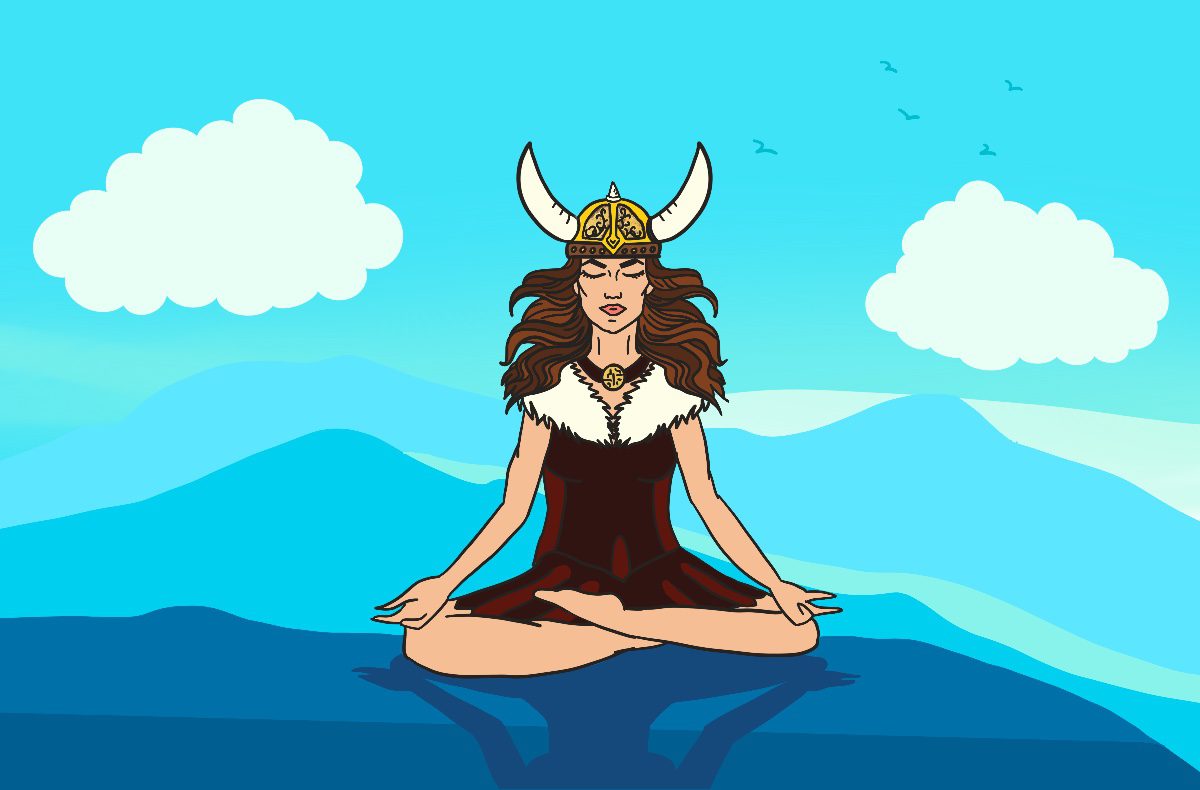
One of the newest bits of “new thinking” we’ve been seeing lately across a number of articles is a shift away from vilifying controlled substances. This has ranged from think pieces on how ketamine and psychedelics might provide better treatment for anxiety and depression to articles on UK politicians and law enforcement officers considering the benefits of cannabis legalization and decriminalization. These arguments are compelling, grounded in common sense, science, and research, and offer a radical new way of looking at drugs in modern culture. But as it goes with radical new ways of thinking, it’s hard not to feel that initial gut punch of scandal at first—especially for those of us who had mainstream—read: negative—views on drugs inculcated into us since birth.
As a 90s kid from the United States, I was raised on a steady diet of drug terrorism. Our afterschool cartoons were delivered to us between commercials urging us to “just say no.” Many of these I saw frequently that I can still recite most of their catchphrases decades later. This includes but is not limited to: the riot grrl remake of “This is Your Brain on Drugs,” the pot-shaming “I Learned it From Watching, YOU, Dad!!” and the iconic “I’m not a chicken, you’re a turkey!” That last one featured what appeared to be a slightly older white middle schooler attempting to get a younger white… I’m gonna guess elementary schooler… to try some pot in the middle of their school’s hallway during a school day—because that’s an extremely likely scenario. And we all know about the scourge of mulleted 12-year-old joint-sellers getting 10-year-olds hooked on pot that gripped the nation in the early 90s. This PSA ended with the Ninja Turtles chiming in to let the audience know in pithy fashion, “Drug dealers are dorks, don’t even talk to them, cowabunga!” The Nineties-ness of it all is just… *chef’s kiss*.
Good honor student that I am, I was absolutely a “just say no” kid myself—until college, when my own mother encouraged me to maybe say yes to some weed. I did indeed say yes to some weed, and then to a lot of pizza. Cowabunga! (Side note: don’t you dare tell me Michelangelo isn’t high all the time. He’s a surfer dude teenager—albeit also turtle… and ninja…—who is obsessed with pizza with weird toppings. He only told you drug dealers are dorks to keep all the free pot for himself.)
My college forays into drugs pretty much started and stopped with pot. With a few exceptions my lawyers have advised me not to write about—kidding… or am I—I pretty much remained paranoid that doing anything “harder” than weed would mess up my brain. I went through a tough time at 19 dealing with the death of a parent, so I was exceptionally afraid of psychedelics. I was convinced a “bad trip” would knock me off my proverbial rocker, which I’d worked extremely hard to stay on.
Fast forward a couple decades, where the passage of time allowed nascent anxiety and an inclination towards melancholy to dig out some well-worn grooves in my brain. These automatic patterns of thought put me in a default state of feeling like crap. In general, it was a struggle to get through the general duties of a day, and my thoughts would jump into whirling tornados of rumination with very little prompting. I no longer recognized myself—this wasn’t me. I used to jump out of bed and get things done. I used to like the way my mind worked when I was younger. Adulthood and time had morphed it into some unfamiliar instrument of torture, rather than my buddy that gave me cool ideas and helped me get things done. Suddenly, I’m thinking: this rocker sucks. Would it really be so bad to knock myself off it, and onto one that was like… not so shitty?
Enter drugs. Or at least, drugs of different varieties. For years, I “self-medicated” for anxiety and depression through endurance sports. Exercise is a natural way to release serotonin and lighten the mood… though it only goes so far in addressing deeper issues of imbalance. For a while, it worked well enough for me. Feeling anxious or depressed? You won’t feel much of anything except extremely sore after you’ve biked 100 miles and run 14 on a training day!
Eventually even that wasn’t enough, so I started seeing a psychiatrist. She identified my anxiety and depression pretty immediately, and recommended SSRIs, which would help that much-needed serotonin to hang out in my sad weird brain for a bit longer. That helped, but also came with side effects I wasn’t really too fond of. I was a little more me, perhaps, but in other ways, not.
Now we get to the fun stuff: psychedelics. Editing New Thinking wasn’t the first time I’d heard psychedelics floated as a valid form of therapeutic treatment for anxiety and depression. I’d actually been intrigued by the idea ever since reading Michael Pollan’s How to Change Your Mind—this was recently adapted into a Netflix limited series, where you get to see the science writer tripping balls on a variety of substances, whose science and history is then thoroughly explained. (It’s a highly edifying and interesting show—two thumbs up, up, and away.)
One of the things Pollan and similar writers helped me realize is that my own paranoia over psychedelics as something that could make me go insane was, in large part, the result of campaigns of misinformation manufactured by the government. Buying into the narrative of bad trips and general druggy nefariousness has kept me and the rest of our culture saying no to something that really might help a whole lot of us.
Essentially, these drugs have the capacity to do in a short time what our thinking does over years and years. It can reroute the grooves we’ve carved out. Can you do this yourself? Yup! It’s part of cognitive behavioral therapy, which I touched upon in my article on the benefits of brainwashing. But that takes a whole lot of time, repetition, and effort, and sometimes the burden is just so big, and the weight of it all feels so huge that it’s hard to even start. Drugs can help speed along the process—and psychedelics, apparently, might just be the best shortcut we’ve yet to really make proper use of medically, when it comes to treating mental health. In the handful of trials that have been allowed to restart in America, the use of drugs like ketamine, psilocybin and LSD have allowed people with pronounced mental illness to work through years of trauma, stress, and ingrained behaviors in a short amount of time. If that’s not a miracle drug, I don’t know what is.
You won’t find me merrily farming magic mushrooms in my backyard quite yet—I don’t have a yard for one, and secondly, it’s not yet decriminalized here—but I can firmly say I’m in the camp of pro-legalization. If there is something in this massively screwed up world that can help us find a modicum of sanity, I say bring it on. We’re all carrying years of inherited trauma, negative patterns we’ve learned from our parents, things we’re all working so hard to break. (“I learned it from watching you, Dad!!”) So once the government and our healthcare system catches up with a fully regulated, safe way to embark on a supervised trip, I’ll be one of the first to sign up. If it’s something that could bring me closer to living a happier, fuller life and better mental health, I’ll just say yes.




